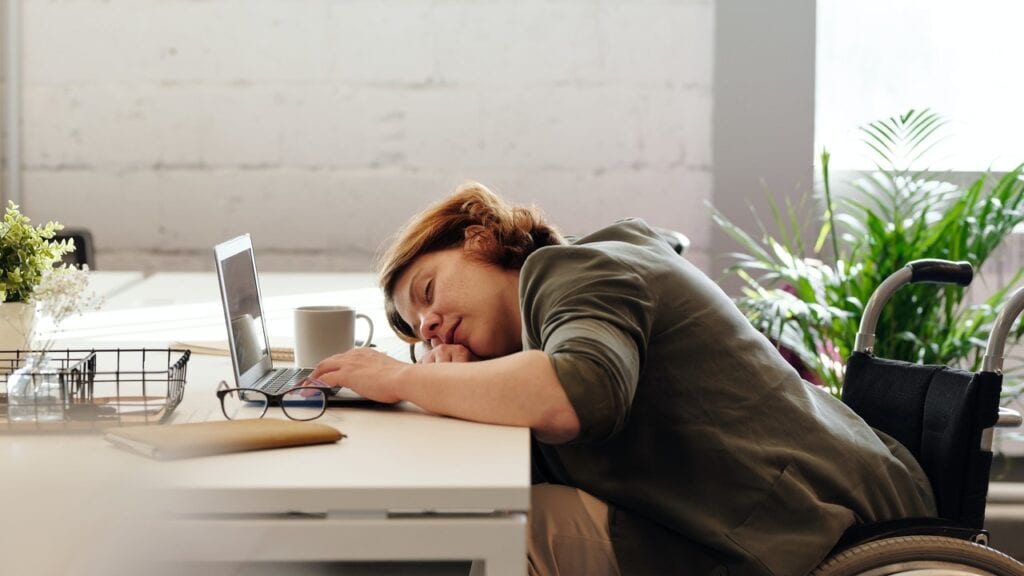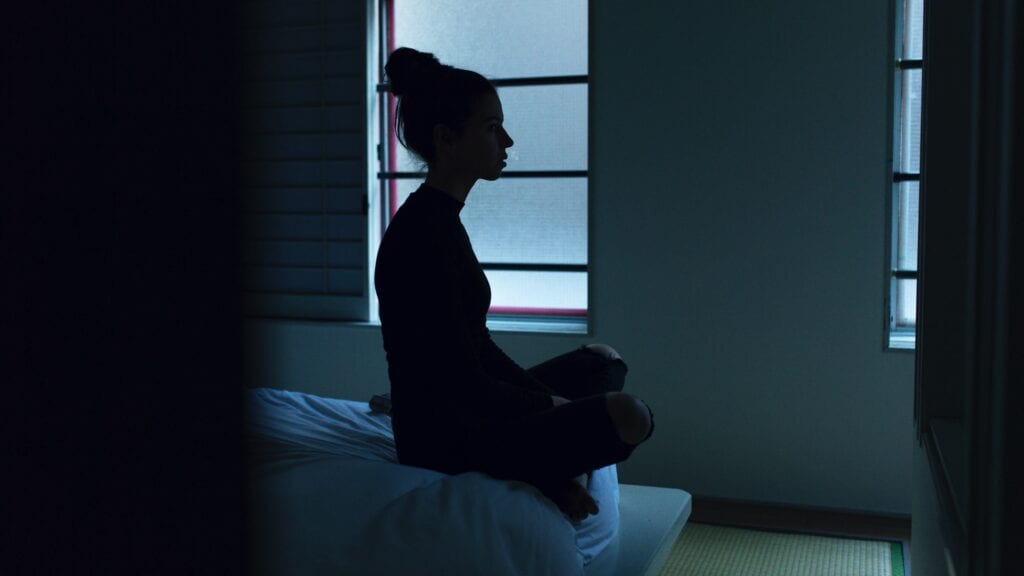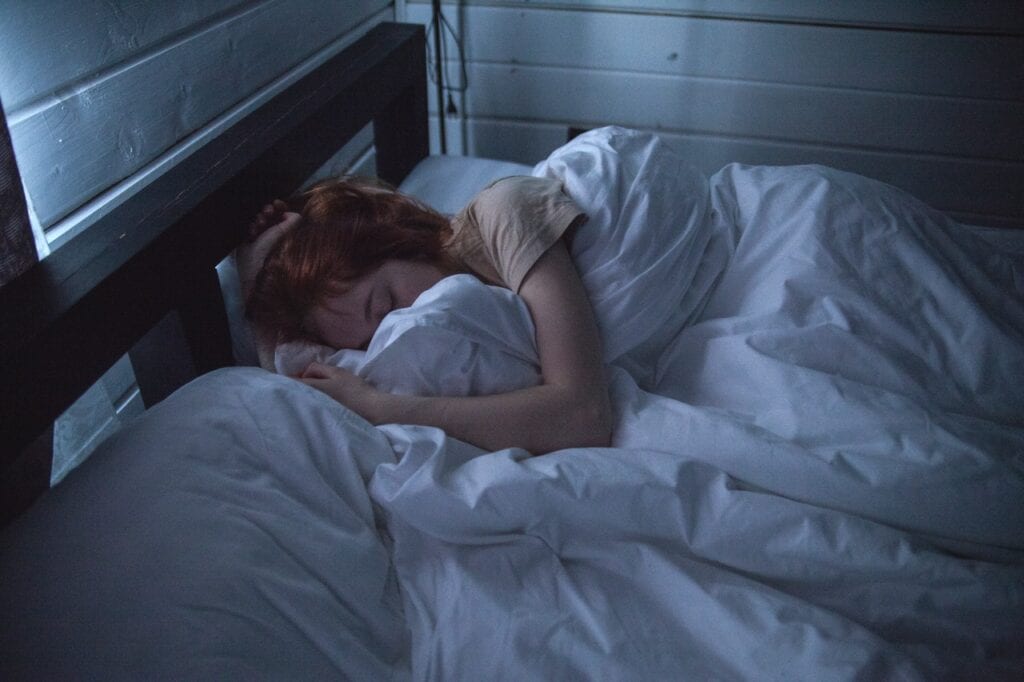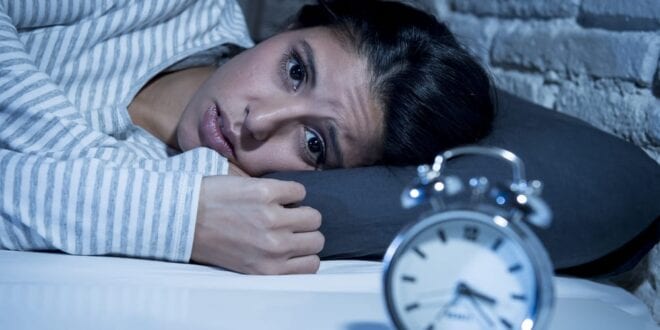Goddamn, sleep problems! How uncomfortable sleep problems can be, most people around the world probably know. According to some recent research, an incredible 70% of people worldwide are currently struggling or have experienced sleep problems at some point which is certainly not pleasant.
These numbers are probably even higher, but the exact statistics don’t interest us too much right now. What we all need to focus on are sleep problems, knowing about them, fixing them, and of course establishing a proper sleep and wake regime.
Whether we want to admit it or not, sleep is a very important part of our daily (or nightly) routine. It is true that sometimes the routine can be disrupted due to stressful situations, worries, or too much work, but soon everything returns to normal.
The real problems arise when these short-term sleep problems turn into long-term ones. Then not only sleep but other segments of our lives are endangered. Simply put, insomnia, fatigue, etc., lead to reduced energy, efficiency, frequent mood swings, etc.
Fortunately, there are different ways to improve sleep, and treat and solve these problems. Anyway, there are also numerous misconceptions and myths about sleep problems and sleep in general. Convinced of these things, people often get themselves into trouble, consciously or unconsciously.
Today, we are going to talk right about these myths and facts, all in order to understand that sleep is an activity that should not be disturbed and disordered in any way. Now, if you’re ready, let’s check out some of the most common myths and facts about sleeping problems. If you want to read more about types of disorders check out this article.
Myth No.1-The need for hours of sleep decreases as a person gets older

Goddamn, who came up with this! This myth is just silly, isn’t it? Just remember your grandmother Sally who often falls asleep in the rocking chair on the porch. Do you still think that as we get older, we need less sleep?
Of course, this is completely wrong, regardless of grandma Sally. Simply put, all experts around the world agree on the optimal number of hours of sleep when it comes to adults. In order to be full of energy and rested in the morning, you need to sleep at least 8 hours during the night. The fact is that younger people sleep more at night, while for older people, an afternoon nap is a mandatory part of the day. But in both cases, the need for sleep doesn’t decrease, regardless of whether you are 30 or 80 years old.
Myth No.2-Drowsiness during the day is a consequence of a reduced number of hours of sleep

Hours of sleep, again. Of course, your readiness for the daily challenges largely depends on the time spent in the land of dreams. If you do not get enough sleep, there is a good chance that you will hardly wake up in the morning and that you will be sleepy all day. You probably know that feeling when you could fall asleep anywhere, literally.
However, insufficient sleep is not the only cause of drowsiness during the day. Namely, sleep apnea and narcolepsy, which are sleep disorders, are some of the serious sleep problems and as a result they have daytime sleepiness, regardless of whether you have slept for 8 hours or more. In such cases, it is clear that you need to seek professional medical help.
Myth No.3-You have difficulty falling asleep-you suffer from insomnia

Well, this is not entirely incorrect. It is true that difficulty falling asleep is one of the symptoms that can be associated with insomnia. However, having trouble falling asleep does not necessarily mean that you suffer from insomnia. This is simply not the only symptom.
If you wake up early, wake up often during the night, or simply wake up tired or not rested enough, then we can say that you maybe have problems with insomnia, provided that these symptoms have been occurring for some time.
If you just have trouble falling asleep, don’t panic right away. You can talk to a doctor, but there is little chance that this is the only symptom that indicates insomnia. Maybe your problem is actually an uncomfortable mattress. If so, check www.mattress-review.org.
Myth No.4-Snoring is not harmful

Again, this is another silly myth. Snoring on the one hand is really not harmful, except for your partner, whose sleep you spoil every night. Snoring in itself is an annoying noise coming from your throat and nose.
But if we look at this problem from a medical point of view, snoring can be dangerous. Snoring is actually a symptom of a serious disorder we mentioned earlier called sleep apnea. Simply put, sleep apnea is a pause in breathing during sleep. So, a person with this disorder has a problem with inhaling or exhaling air during sleep.
These difficulties lead to respiratory stress, and can have a major impact on various cardiovascular problems such as high blood pressure, heart attack, etc. We must also say that sleep apnea is more common in obese people. However, there are ways to treat it, but you must consult a doctor for details.
Myth No.5-Lack of sleep can be easily compensated

If we go back to the previous problems where we talked about hours of sleep, it is clear that an adult must sleep a minimum of 8 hours to be ready for the next day. This is a fact that all experts around the planet agree with.
However, although it may be okay to stay awake late from time to time and sacrifice hours of sleep to complete an important project or whatever. However, if this is repeated too often, then it is not ok. What’s more, there is accumulation of these “sacrificed” hours, which is quite difficult to make up afterwards.
Not only will you not be able to make up for lost time easily and in a short period of time, but you will also have problems with productivity, efficiency, mood, but also diseases such as obesity, high blood pressure, etc.
Myth No. 6-Health problems are by no means a consequence of sleep problems

Well, if you have carefully read the previous myths and misconceptions, but also the facts, then it is more than clear that health problems can be a consequence of sleep problems. First of all, just a few sentences earlier we mentioned that insufficient sleep affects obesity, high blood pressure, your daily activities as well as your mood.
If we go back a little further, remember sleep apnea. We have said that this disease is more common in obese people. Also, this disorder causes problems with the cardiovascular system.
In addition, it is important that you have enough sleep, because during the sleep process, various hormones are secreted, including growth hormone. This hormone after the end of the growth period can affect you not to grow in height but in width (obesity). Also, another sleep-related hormone is insulin. Insufficient sleep can impair the body’s ability to use it, resulting in diabetes.
In short, you have realized that sleep problems greatly affect your health.
Bottom Line
We don’t have much to say in the end, except to wish you good night.
 Imagup General Magazine 2024
Imagup General Magazine 2024



